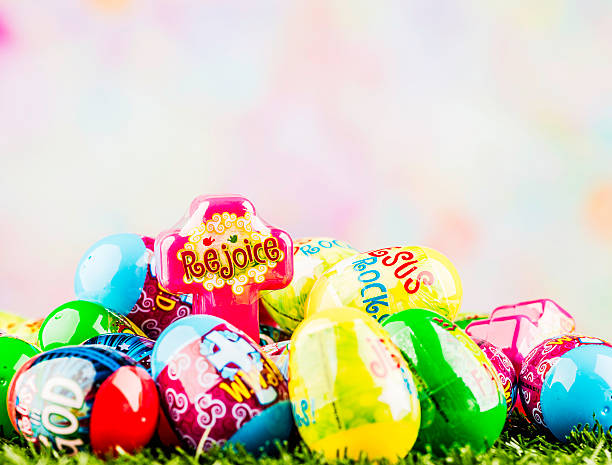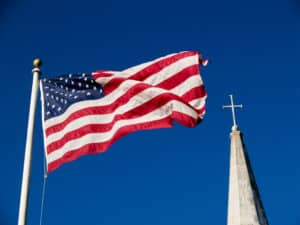
Jenan Taylor
8 April 2022
Christians have been urged to think about what Jesus would buy as they purchase their chocolate eggs this Easter.
The chocolate industry has had some grim labour and environmental impacts, but an antislavery body believes there are ways to choose their Easter eggs more wisely.
Be Slavery Free co-director Fuzz Kitto said parts of the cocoa industry were involved in child labour and degrading environments.
“With that in mind, perhaps as well as thinking ‘What would Jesus do?’, think ‘What would Jesus buy?’,” Mr Kitto said.
Read more: Anglicans plan to join thousands-strong protest for justice
He cited a 2020 Chicago university study that showed that parts of the industry, particularly in some West African cocoa growing areas, engaged young people. Some worked under harmful conditions and some were also trafficked.
Mr Kitto said pressure to expand cocoa farming due to global demand had also led to widespread deforestation in that area, and the intensive use of fertilisers and pesticides was concerning.
A coalition of organisations working against child labour, Be Slavery Free has produced a 2022 Chocolate Scorecard with transparency and traceability information.
It names chocolate companies that have switched to or are increasing their commitment to better practices, including those who are paying farmers a better income, and names those that remain “broken eggs”.
Rainforest Alliance and Fairtrade are among a number of ethics and sustainability certification bodies, who display their logos on chocolate products to also make it easier for consumers to make better chocolate choices.
The Chocolate Scorecard is available at Chocolate Scorecard 2022.







